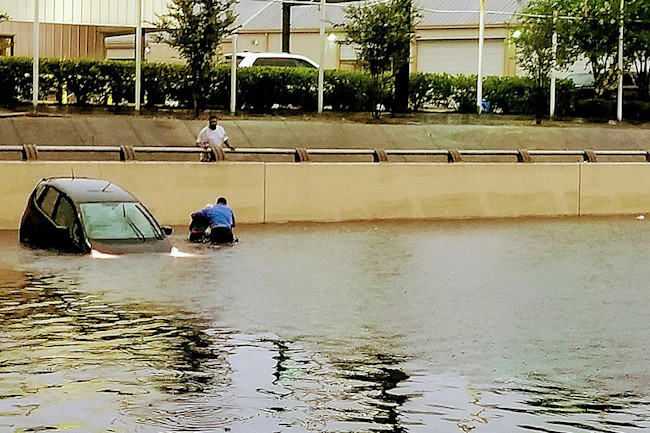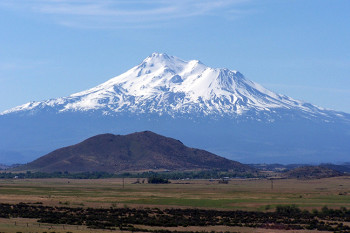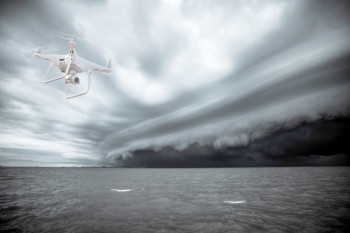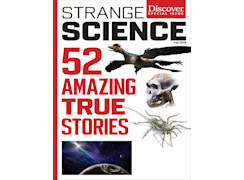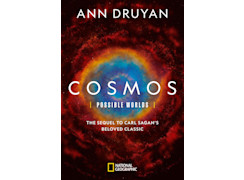Citizen Science Salon is a partnership between Discover and SciStarter.org.
Climate change is already threatening people and property around the world, from extreme wildfires to the growing intensity of hurricanes. And the science community needs your help tracking emerging climate change hazards, including sea-level rise, extreme temperatures, droughts and floods.
Through these science projects and online events, both kids and adults can learn about weather, climate change and more, all while contributing to real-world research.
Your safety always comes first. Only participate in citizen science projects when it is safe to do so.

Fire, Floods and Landslides
Land cover — the material on Earth’s surface, like grass or asphalt — is critical to many different processes on Earth and contributes to a community’s vulnerability to disasters like fire, floods or landslides. NASA's GLOBE Observer asks volunteers to photograph the landscape, identify the kind of land cover, and then match your observations to satellite data. Scientists will use your observations to improve global land cover maps.
Take Part in NASA GLOBE Observer: Land Cover
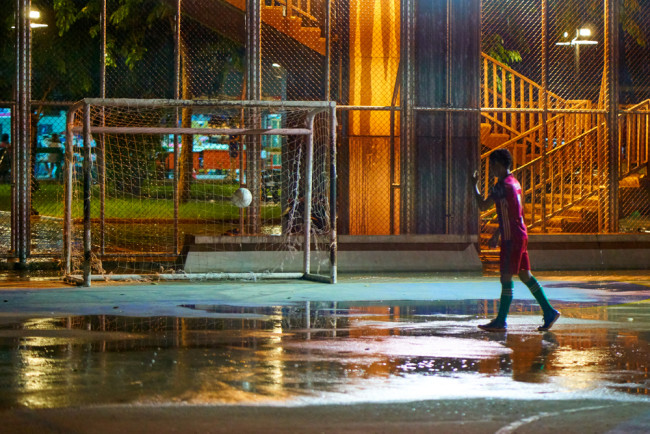
Measure Rain, Hail and Snow
Just like the Postal Service, neither snow nor rain nor heat nor gloom of night prevents CoCoRaHS volunteers from the swift completion of their appointed rounds. In fact, that’s their favorite kind of weather. If this sounds like you, join the CoCoRaHS weather monitoring program. Use a rain gauge to collect data used by the National Weather Service, meteorologists, city utilities, teachers, students and many others to better understand both extreme precipitation and drought.
Take Part in CoCoRaHS' Rain, Hail and Snow Network
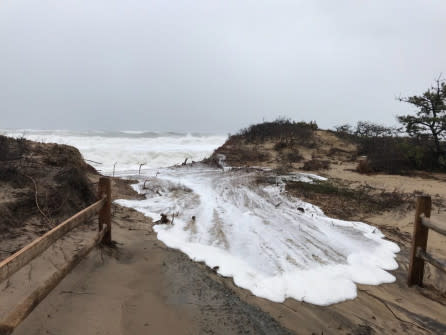
Document Storm Damage
When stormy seas meet unyielding shore, the result is not always pretty. Use the MyCoast app to document tides, storm damage, beach cleanups, floods and more. Coastal decision makers, emergency managers and others use your reports to make decisions about resiliency plans.
Take Part in MyCoast to Document Extreme Weather

Wildfires and Extreme Weather
Become an environmental reporter with ISeeChange by documenting wildfires, floods, weather events and other phenomena. This groundbreaking project combines citizen science, citizen journalism, NASA satellite and weather data, sensors, and community curiosity to monitor changing environmental conditions.
Take Part in Reporting Climate Change Near You with iSeeChange
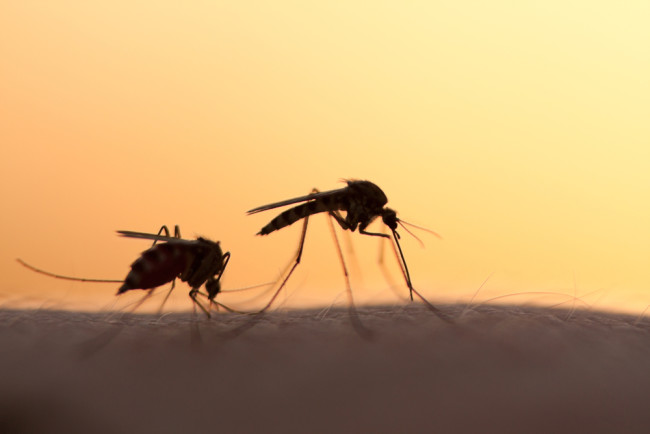
Mosquitoes and Sea-Level Rise
The Museum of Science, Boston, is hosting events that use citizen science to investigate big problems, including a webinar about sea-level rise (September 29). On August 26, they also had a forum about mosquitoes (August 26). Check out the Museum of Science’s page on SciStarter to sign up for these events and to explore featured citizen science projects addressing climate hazards.
You can find more citizen science projects by visiting SciStarter.org.






